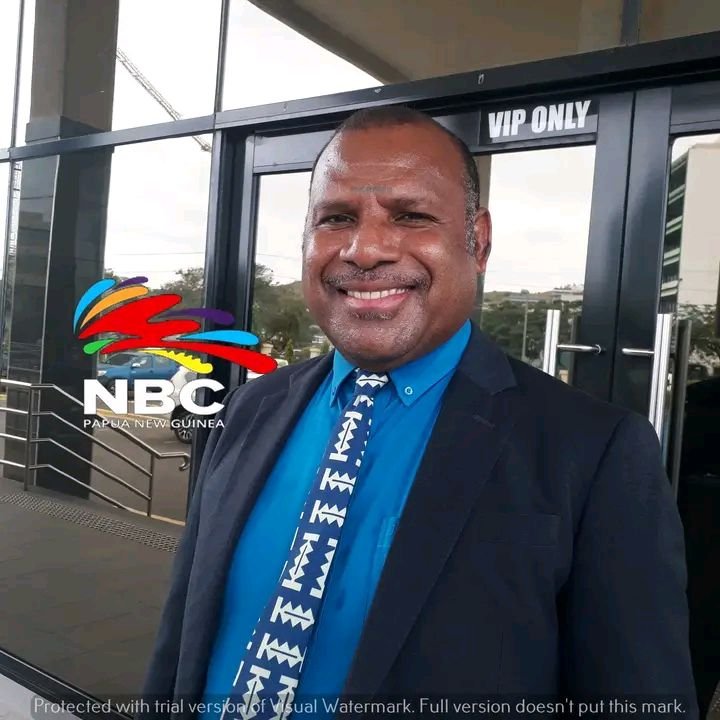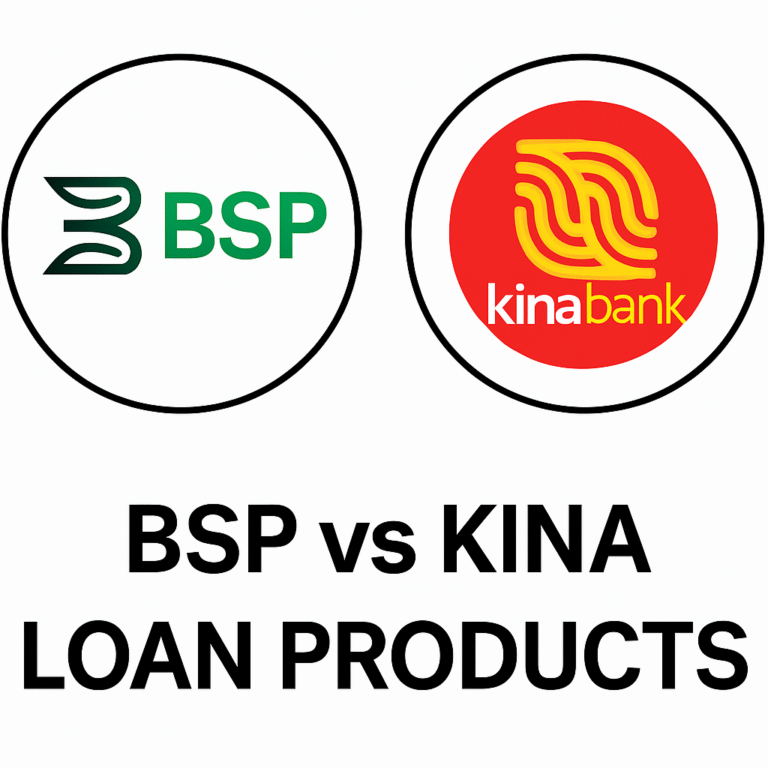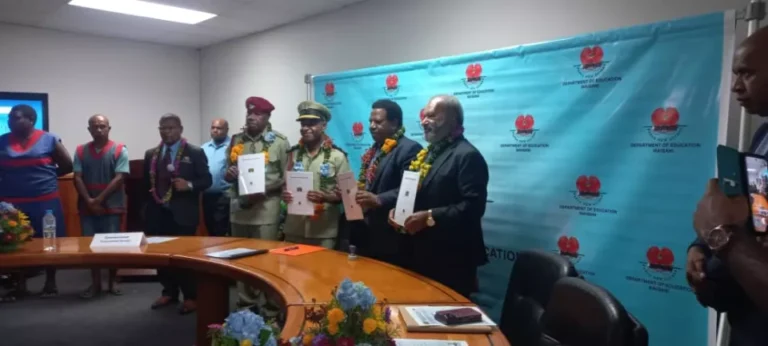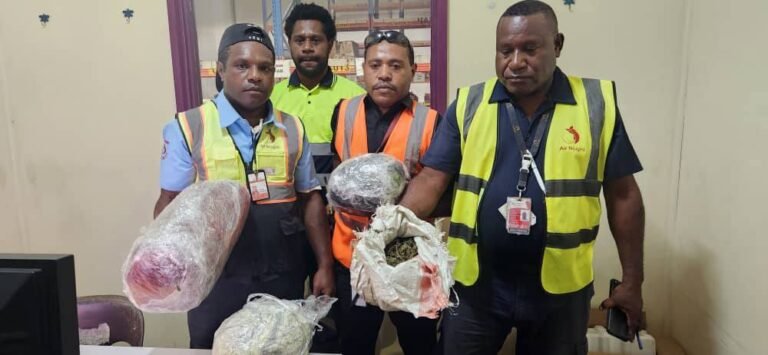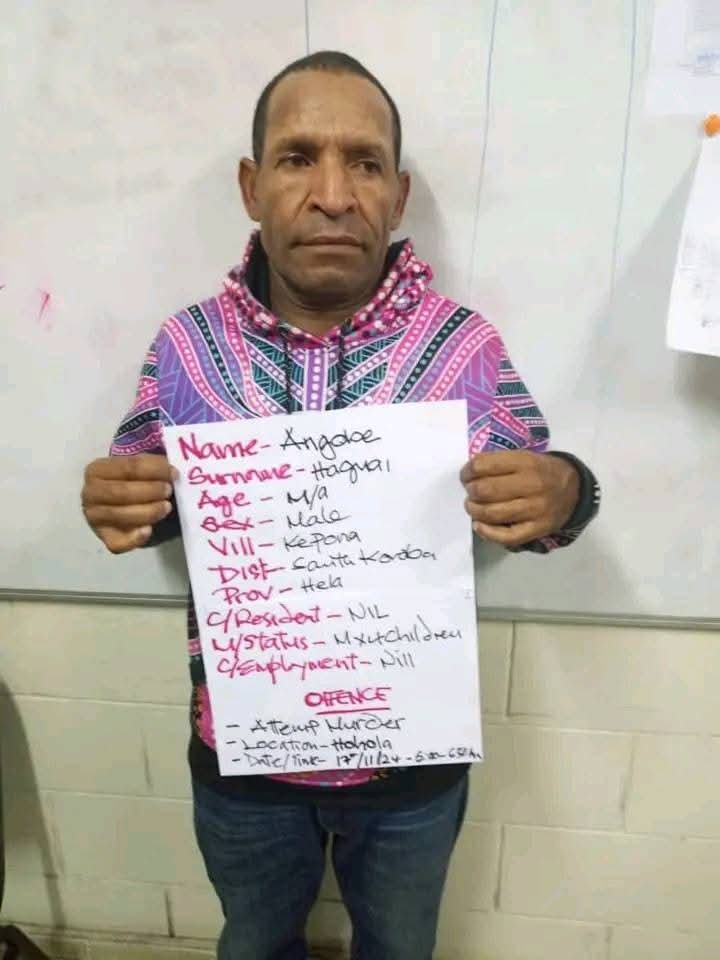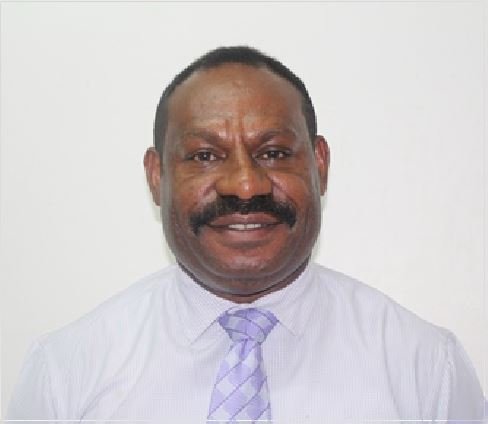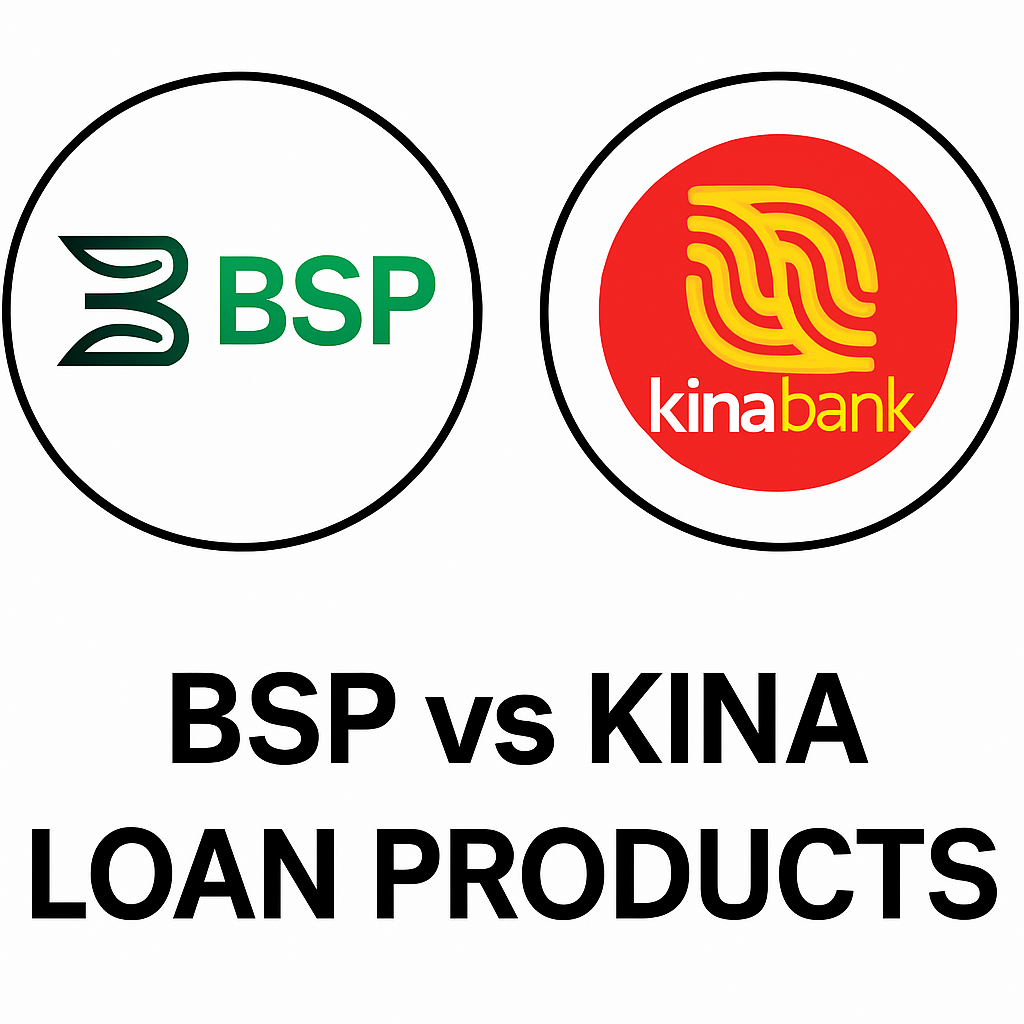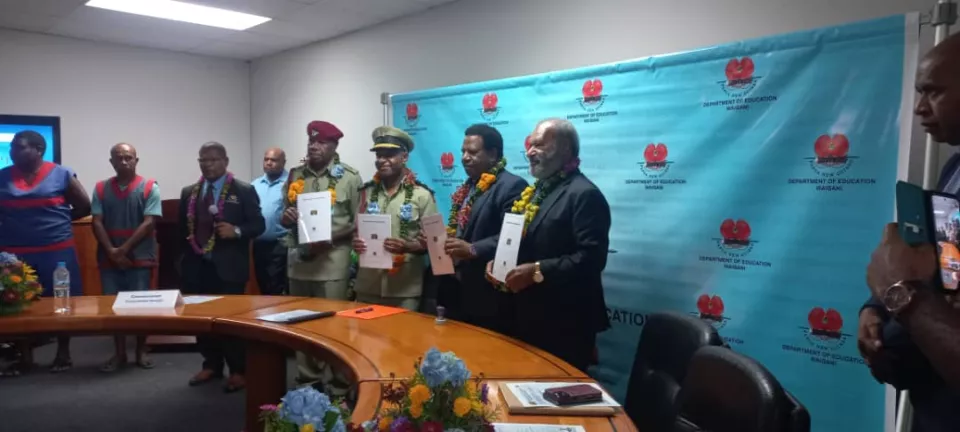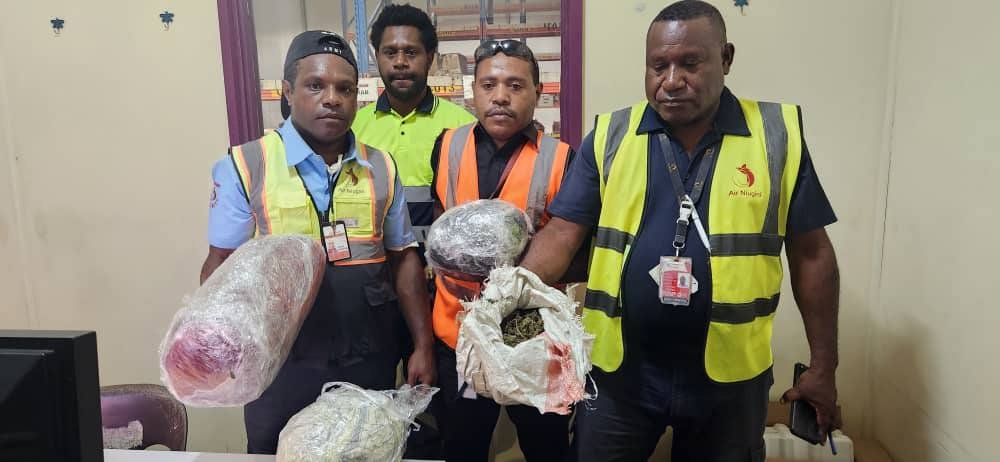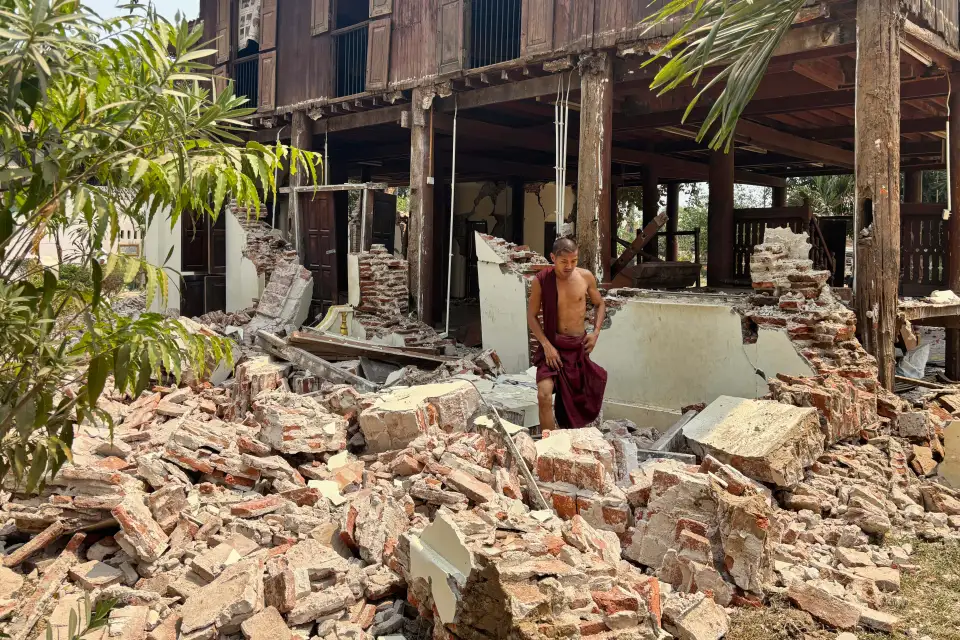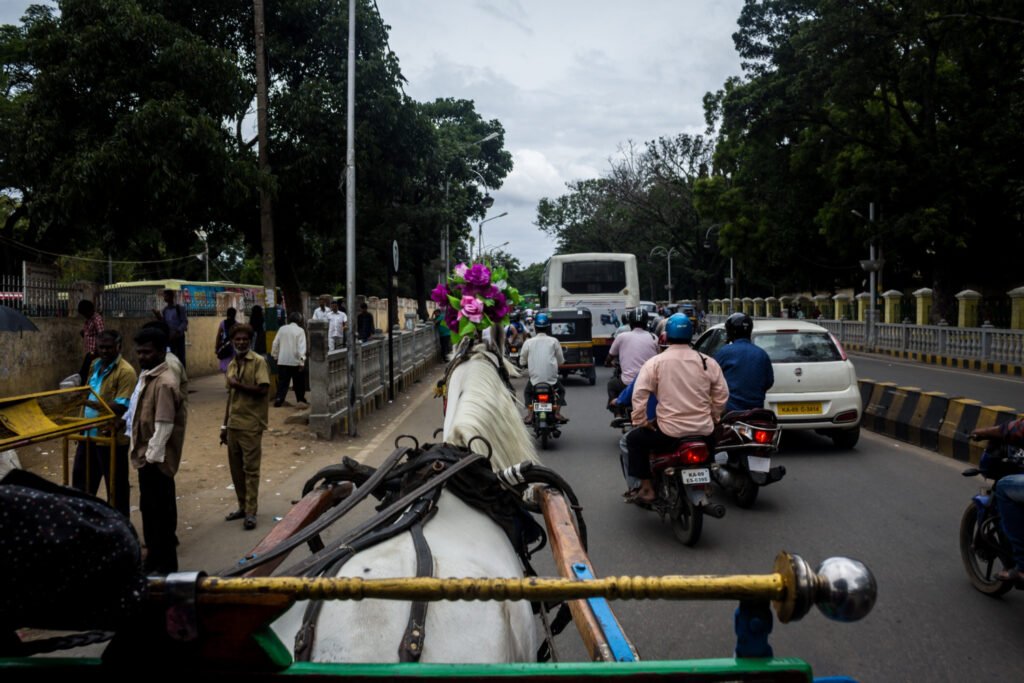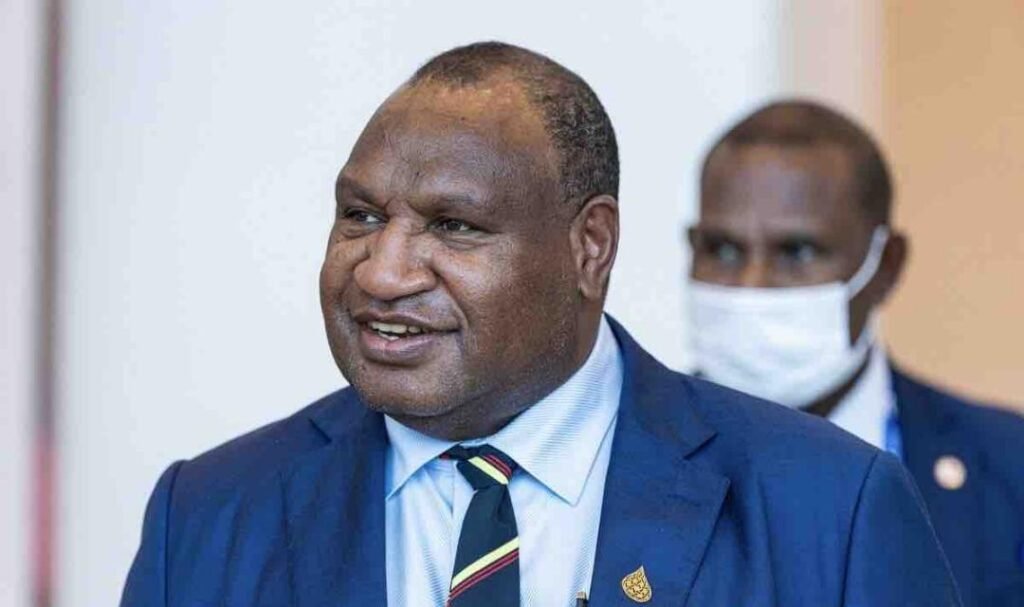After years of dormancy, Papua New Guinea has reactivated its participation in REDD+, the UN-backed scheme that offers carbon credits in exchange for forest protection. The April 2025 relaunch promises international funding and green partnerships—but the real question is: will rural communities benefit this time?
What Is REDD+, and Why Now?
REDD+ (Reducing Emissions from Deforestation and Forest Degradation) pays developing countries to preserve forests, which store carbon and help fight climate change. PNG was among the first to pilot the model in the early 2010s, but mismanagement and unclear land rights halted momentum.
Now, with carbon prices climbing globally, PNG is back at the table. In April, the government signed updated agreements with partners including the Green Climate Fund, Australia’s DFAT, and private carbon market brokers to revive REDD+ projects in East Sepik, Gulf, and Western provinces.
Promises of Local Revenue
Officials claim this second attempt comes with stronger safeguards for landowners and clearer revenue-sharing models. A key feature:
- 60% of carbon credit income to be returned to landowners,
- 20% to provincial governments,
- 20% to fund monitoring and administration.
The initiative could generate up to PGK 80 million annually if verified and traded efficiently.
“This time, the landowners are at the centre,” said Minister for Environment and Climate, Timothy Aiye, during the April forum in Port Moresby. “No middlemen, no grey zones.”
Skepticism on the Ground
But in places like Kikori and Ambunti, communities remain cautious.
“We’ve heard these promises before,” says Susan Waneka, a village councillor in Gulf Province. “When logging stopped, the jobs went too. We need real livelihoods—not just paperwork.”
Others worry about being locked out of traditional land use, including gardening, hunting, and cultural practices, which might be restricted under carbon conservation zones.
Bringing Jobs or Bureaucracy?
The scheme is expected to create forest rangers, biodiversity monitors, and local data collectors, especially for youth. However, concerns linger over:
- Transparency in carbon valuation
- Enforcement of forest boundaries
- The role of foreign consultants
Civil society groups like Act Now PNG and Transparency International are urging the government to publish contracts, revenue flows, and landowner consultation records.
Digital Tools for Accountability
To avoid past failures, PNG is deploying satellite forest monitoring platforms, mobile data collection apps, and a blockchain-based registry to track carbon credit generation. The system is co-managed by PNG’s Climate Change and Development Authority (CCDA) and international verification bodies.
Will It Work This Time?
Environmental economist Dr. Noel Bonga of the University of PNG believes REDD+ can work if it’s localized and transparent:
“If the carbon economy uplifts village economies without stripping land control, then it’s a win. But if it becomes another top-down project, it’ll fail again.”
Conclusion: A Second Chance for Forests and People?
With global demand for carbon offsets growing, PNG’s forests are once again a valuable asset. But the true test of REDD+ 2.0 will be whether rural Papua New Guineans see tangible benefits, beyond promises and policies.
For now, hope is cautious, but real—and the world is watching how PNG balances climate finance with forest justice.



